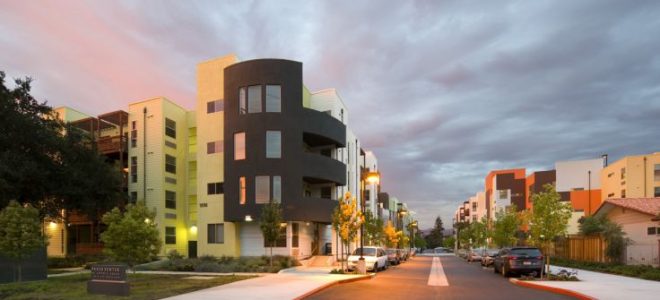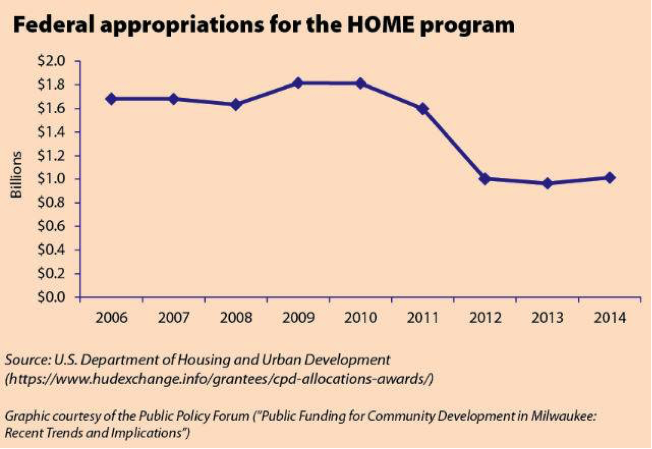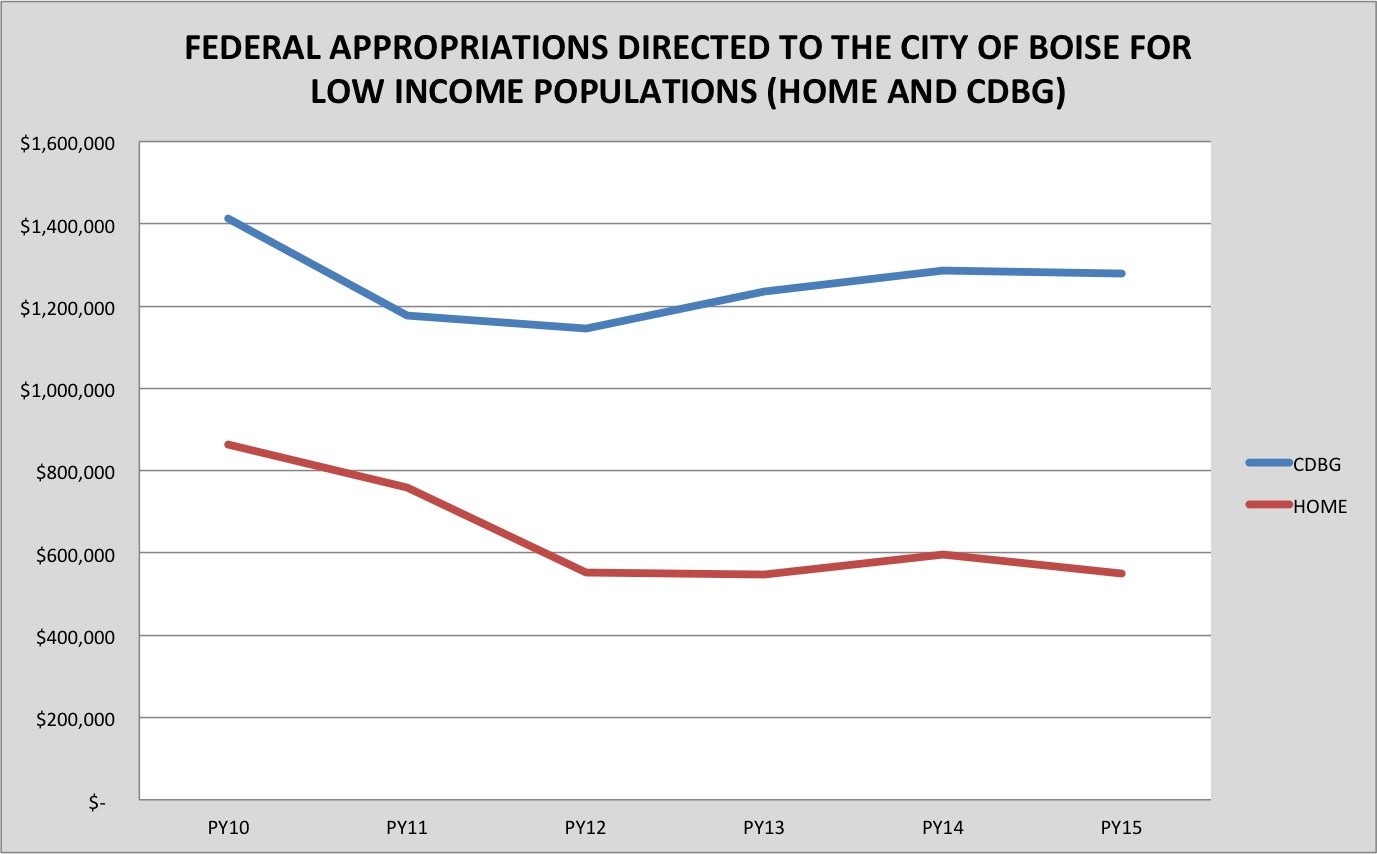

Diana Lachiondo is the director of community partnerships in the Office of the Mayor at the City of Boise.
Finding local solutions requires partnerships and new resources
Cities, counties and states across America are grappling with homelessness and its close relative, available affordable housing. Despite reports that homelessness has declined in recent years across the country, pervasive homelessness continues to make news across the country and in Idaho.
Communities across the country — Boise among them — are also creating ways to rally around the most vulnerable among us. Finding methods to remedy such a complex national challenge with local resources and tools requires creativity and widespread support.
More than one quarter of American families who rent now spend more than half of their income on housing. This number has grown from 7.5 million to 11.4 million households since 2001. Closer to home, the United Way of Treasure Valley notes that a whopping 50 percent of Ada County households pay more than 30 percent of their income for rental housing and on average their rental “burden” is 40 percent of their monthly income. Keep in mind that this is happening in the midst of a strong economy both nationally and locally.

Meanwhile, federal funding sources for affordable housing continue to remain static or decline. Funding for the HOME Investment Partnership program has fallen 40 percent nationwide in recent years and the Community Development Block Grant program (CDBG) has fared similarly.
In Idaho, municipal efforts are limited both by budgets and regulations (Idaho cities may not implement inclusionary zoning, or seek a local option tax, for example) and the state has not yet taken up homelessness or affordable housing as efforts worth its consideration.

In the face of these challenges, our community has mobilized to understand the issues and prioritize next steps. More than a year ago, the City of Boise, City of Meridian, Ada County, Idaho Department of Health and Welfare and the Boise City/Ada County Housing Authority convened the Housing and Homelessness Roundtable. More data on declining federal rental assistance for low-income families. This group of more than 40 government, nonprofit, business and faith leaders has been working since February 2015 to identify collective priorities and build momentum to execute on those priorities.
That Roundtable prioritized Housing First/Permanent Supportive Housing to address chronic homelessness, Rapid Re-Housing to address family homelessness and expanding affordable housing options. To date, the Roundtable has made significant progress on the Housing First solution to address chronic homelessness — defined as a household that has been homeless for more than a year or has had four episodes of homelessness within three years and has a disabling condition.
Why is chronic homelessness a priority? First and foremost, if we are to fulfill our ambition to be the most livable city in the country, we must continue to address the needs of those most vulnerable in our community. It is the right thing to do.
But beyond the obvious moral case, those experiencing chronic homelessness represent an outsized fiscal challenge for our community. Working with Boise State University, we have identified that our community spends — at a minimum — $5.3 million dollars a year on our current chronically homeless population of approximately 100 people. These costs are attributed to the use of emergency shelters, the criminal justice system and emergency medical services. That’s $5.3 million dollars a year for people to literally live on the street or in an emergency shelter. That’s a stunning amount of money to spend on poor outcomes.
Housing First has been recognized as an evidence-based best practice to address chronic homelessness. By providing a stable home and supportive services to this vulnerable group, communities are able to save money and lives. On February 9, 2016, the City of Boise and Idaho Housing and Finance Association (IHFA) released a joint request for proposals for the construction of a single-site permanent supportive housing project with a Housing First approach.
IHFA is committing $5.75 million in tax credit allocations and the City of Boise is committing $1 million dollars to this project. Similarly, Boise, Boise City/Ada County Housing Authority, Terry Reilly and CATCH, Inc. have joined together to fashion a scattered-site housing first effort. Boise and BCACHA have prioritized housing units within our respective housing stocks to support this. Together these projects could provide up to 40 Housing First residences for the chronically homeless in our community.
This is promising, but it’s not enough. Additional dollars are needed to fund the supportive services (case management and medical services) which are paid for through Medicaid in other states. Much like previous efforts to tackle complex problems, this effort requires multi-layered funding support and buy-in from all levels of the community.
Despite the challenges —and the growing need — I believe we have the ability to make a significant impact on the lives of those experiencing homelessness or those on the brink of homelessness in our community. These people are us. They are our family, our friends and our neighbors. It is our commitment to these neighbors that reflects on our community and our society as whole.
The Blue Review Homelessness Colloquy.
A TBR series on homelessness in Idaho